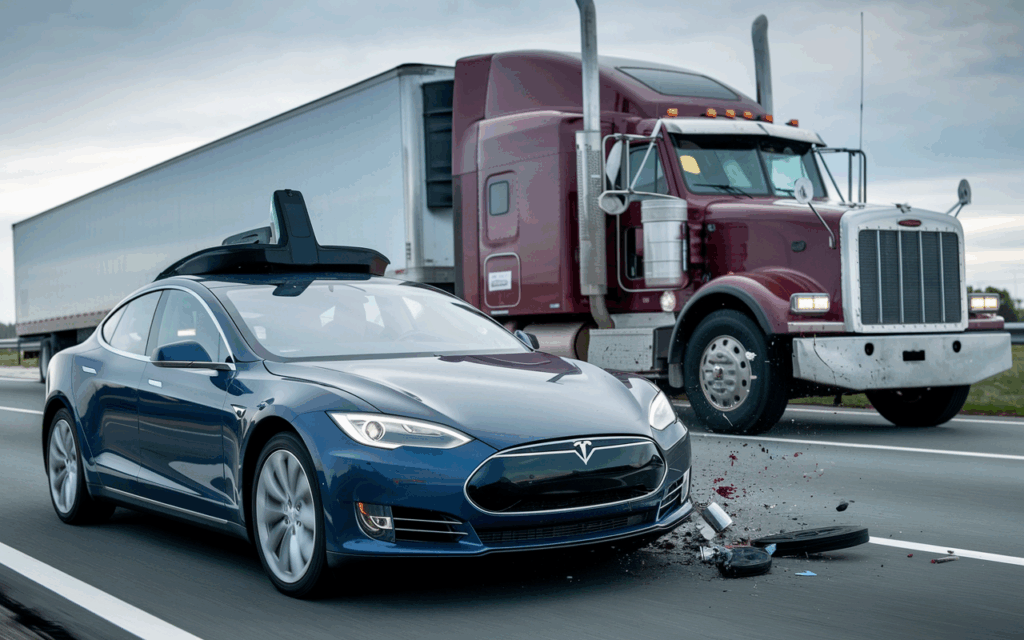🚗 Tesla Challenges $243 Million Verdict in High-Stakes Autopilot Trial 🚗
In a dramatic turn of events, Tesla is contesting a $243 million verdict against them in a harrowing case involving the company's Autopilot system. This significant sum was awarded after a jury determined that Tesla's technology played a role in a tragic fatal crash that occurred back in 2019. Let’s dive into the details! 📜
The Case: A Tragic Accident
The lawsuit stems from a fatal accident that happened in Florida, where George McGee, the driver of a Tesla Model S, was using the Autopilot feature at the time of the crash. Family members of the victims alleged that the Autopilot system’s deficiencies contributed to the incident. McGee's vehicle collided with a parked SUV, resulting in the death of 20-year-old Naibel Benavides Leon and severe injuries to her boyfriend.
Interestingly, the jury apportioned two-thirds of the blame to McGee and the remaining one-third to Tesla. This decision ignited a storm of controversy and has raised numerous questions regarding the safety and efficacy of advanced driver assistance systems. ⚖️
Tesla’s Response
Tesla's legal team has since moved to overturn the jury's decision. In their filing, they argue that the verdict contradicts Florida tort law and the Due Process Clause. Their stance emphasizes that McGee, who admitted to distracted driving at the time of the crash, should be the one to bear the brunt of the blame. They asserted:
“Allowing the verdict to stand would confound consumer expectations and deter innovation.”
This statement reflects Tesla's ongoing commitment to pushing the boundaries of automotive technology despite the potential legal ramifications. 🚀
Controversy Over Evidence
The case delves even deeper into the intricacies of legal processes, with Tesla's attorneys claiming that the plaintiff’s counsel overwhelmed jurors with irrelevant evidence related to other accidents and the company’s public persona, rather than sticking to the facts of the case at hand. They argued:
“This trial was never actually about the 2019 Tesla Model S or the accident caused by McGee’s reckless driving.”
This courtroom drama illustrates how trials involving innovative technologies can spiral into complicated narratives that might distract from the core facts.
The Broader Implications
This situation raises important questions about the role of manufacturers' liability in the era of self-driving technology. How responsible should a car manufacturer be if a driver misuses their vehicle’s features? As Tesla continues to innovate, this case will likely be pivotal in defining the legal landscape for the future of autonomous driving. 🚦
Conclusion
As the saga unfolds, it’s critical to stay informed about the implications for consumers, manufacturers, and the legal system. What do you think? Should Tesla be held accountable, or is the responsibility with the driver? Share your thoughts in the comments below! 👇
And if you’re passionate about technology and its impact on our daily lives, don’t forget to check out the latest insights and updates at TechCrunch.
Stay tuned for more updates on this and other riveting tech news! 💻💡

More Stories
Meta’s AR Ambitions and AI Safety: Insights from the Equity Podcast
Insight Partners Data Breach: A Wake-Up Call for Cybersecurity Awareness
Lovable’s Ascendancy: Anton Osika at TechCrunch Disrupt 2025